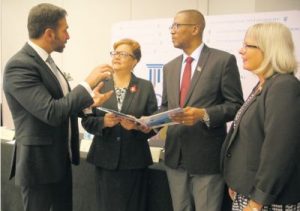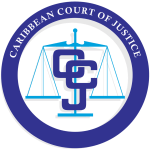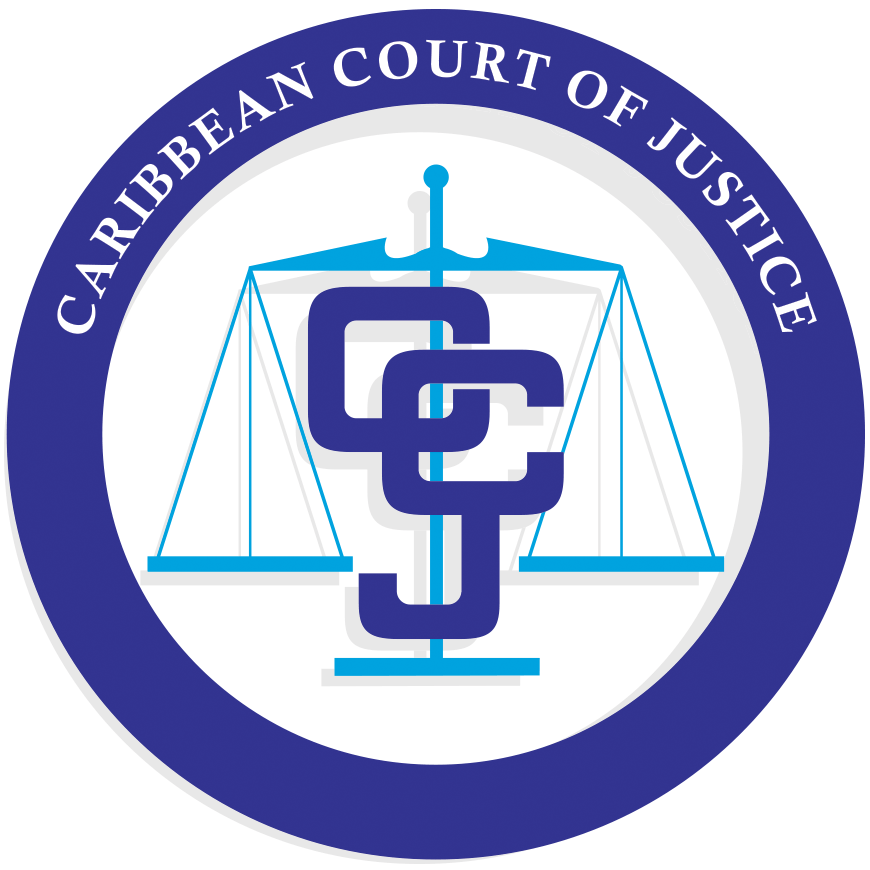 The problems faced by the justice system in its management of sexual offences and the treatment of complainants are multi-faceted and therefore require a multi-sectoral solution.
The problems faced by the justice system in its management of sexual offences and the treatment of complainants are multi-faceted and therefore require a multi-sectoral solution.
Chairman of the Sexual Offences Advisory Committee Justice Maureen Rajnauth-Lee said yesterday that this was the main reason behind the Judicial Reform and Institutional Strengthening (JURIST) Project.
Funded by the Canadian government, the JURIST Project seeks to improve court administration and the administration of justice in the Caribbean region by strengthening the ability of the courts and the judiciary to resolve cases efficiently and fairly.
Rajnauth-Lee told the magistrates and judges who attended yesterday’s launch that the document contained the input of over 200 people and entailed over 15 months of intensive work.
Claiming it was “robust, comprehensive and most applicable to current realities of the adjudication of sexual offence cases in the Caribbean,” Rajnauth-Lee added, “In its effective application, it provides for the best evidence to be obtained in sexual offence cases while minimising any attendant trauma on complainants and witnesses as a result of their participation in the adjudication process.”
Also endorsing the document was Canadian High Commissioner Carla Hogan-Rufelds, who said a 2017 UNDP/UN Women’s Study found that even though the Caricom region had made progress in promoting gender equality, sexual violence perpetrated against women, girls and boys remains a significant problem.
She said according to an earlier 2007 World Bank Report, the Caribbean had three of the top 10 countries with the highest incidence of rapes. The report also revealed that in nine Caribbean countries, 48 per cent of adolescent girls’ first sexual encounter was either “forced” or “somewhat forced.”
Hogan-Rufelds said these and other reports demonstrated that the region experiences high levels of sexual violence, the majority of which is under-reported and ineffectively dealt with by the justice system.
She applauded the law in T&T which now places strict limits on the ability of defence attorneys to use the sexual history of the complainant to attack the survivors’ credibility.
With the Model Guidelines for Sexual Offence Cases intended to remedy a number of ills, the Canadian High Commissioner said it was to be used as a guide for justice sector stakeholders involved in the reporting, investigation, prosecution and adjudication of sexual offences.
About the project
It is a multi-year project funded under a $19 million Canadian dollar arrangement with Global Affairs Canada.
It is being executed by the Caribbean Court of Justice (CCJ) on behalf of the Conference of Heads of Judiciary of Caricom.
The CCJ and other regional partners are also contributing approximately $4 million Canadian dollars to the Project.
Courtesy: www.guardian.co.tt
Click here for the origional article.






